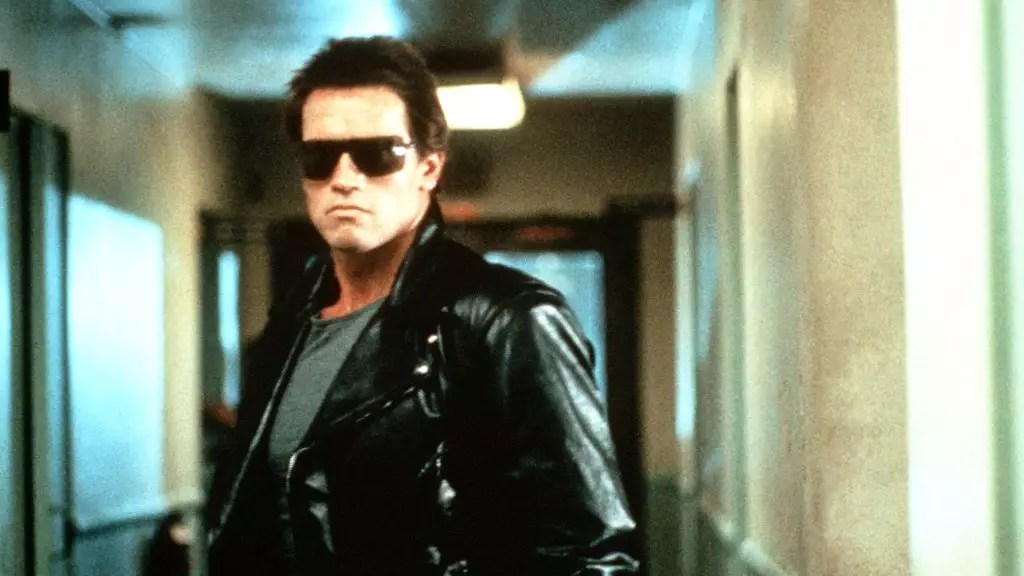As James Cameron celebrates the 40th anniversary of his iconic film, The Terminator, the acclaimed director reveals a remarkable level of introspection regarding his landmark debut. Despite its esteemed reputation as a cornerstone of science fiction cinema, Cameron does not shy away from criticising aspects of the film, particularly its production quality. Sharing his thoughts with Empire magazine, he expressed a blunt honesty, remarking that certain elements of the film evoke a sense of embarrassment when viewed through a modern lens. For Cameron, the journey of filmmaking is an evolving process, and looking back on The Terminator reveals both triumphs and areas that starkly highlight the limitations of the time.
Cameron specifically pointed out that the production value of The Terminator has not aged gracefully. This admission is striking given the film’s immense impact on the genre and its role in establishing Cameron’s directorial career. He candidly stated that while certain scenes come off as dated, other segments shine as testaments to the creativity and resourcefulness of the team behind the film. This duality of perception encapsulates the continual tension within the film industry: the aspiration for artistic innovation clashes with the reality of budget constraints and technological limitations at the time of production.
Interestingly, Cameron holds a different view about the film’s dialogue, suggesting that he may not share the same “cringe factor” that some viewers experience. His confidence in the effectiveness of the writing comes from his impressive track record in the industry; he cheekily hinted that his accomplishments in filmmaking should speak volumes about his storytelling capabilities. This self-assuredness reveals not only a belief in his craft but also reflects a broader conversation about the evolution of dialogue in film—how audiences’ expectations and perceptions shift over decades.
Despite his critiques, Cameron acknowledges a deep personal connection to The Terminator, as it was both his first directorial venture and a major leap in his career. Discussing his youthful energy and ambition at the time, he paints a nostalgic picture of a budding filmmaker, setting the stage for future successes alongside Arnold Schwarzenegger. This film did not just launch their careers; it opened the floodgates for an expansive franchise that has continued to resonate with audiences, spawning multiple sequels and television adaptations.
Ultimately, The Terminator remains a monumental piece of cinema history, one that continues to provoke discussion and reflection. Cameron’s ability to critique his own work while still valuing its impact highlights the complexity of filmmaking as an art form. As the film industry evolves, so too does the dialogue surrounding its past, blending nostalgia with critical analysis. For a director like Cameron, who has contributed so much to the world of cinema, these reflections are not only insightful but serve as a reminder of the continual growth inherent in the pursuit of storytelling.


Leave a Reply